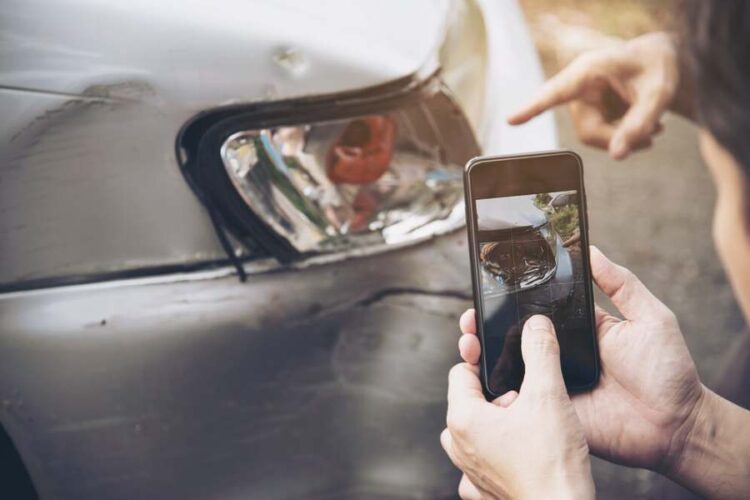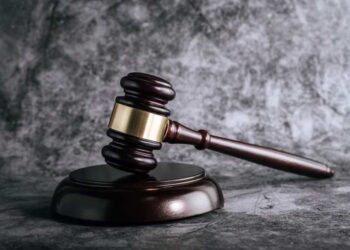Once upon a time, dash cams were a niche piece of kit used almost exclusively by police vehicles. With the rise of social media, thousands of videos emerged from Russia, showing everything from traffic collisions to meteors tearing through the sky.
These early clips flung dashcams into the West’s stream of consciousness, and before long, they became a common feature on vehicles throughout the US. Fast-forward to today, and they play a significant role in determining fault in car accident claims. But is video evidence always useful? And what do you need to watch out for? Let’s explore.
Why Dash Cam Footage Can Strengthen Your Claim
A dash cam, short for dashboard camera, records what’s happening on the road as you drive. If you’re involved in a crash, the footage will show objectively what happened. That might include details like who had the right of way, the speed vehicles were traveling, and any notable behaviors like erratic driving or sudden turns. It could also clear up claims about a vehicle’s condition, like whether its brake lights were working. If there are no witnesses, your dash cam footage can be a critical piece of evidence to support your version of the story.
Legal and Privacy Considerations
Laws about dash cam footage vary by state, especially when it comes to privacy and admissibility in court. For example, in North Carolina, where contributory negligence laws can affect outcomes, a Fayetteville car accident lawyer can figure out whether your footage strengthens or complicates your case.
Generally speaking, to be accepted in court, the footage has to be clear, unedited, and relevant to the incident. Local privacy laws may affect certain aspects like audio. The most important thing to remember is not to tamper with the video file; any changes, no matter how small, could cause it to be thrown out as evidence.
When to Use Dash Cam Footage
In a best-case scenario, submitting dash cam footage can speed up your insurance claim. It might even lead to a better settlement offer. The main benefit, though, is to back up your account of what happened when the other driver disagrees or tries to blame you. Staged accidents and insurance fraud are becoming more frequent, particularly in urban areas. Common scam moves include the “swoop and squat” and “panic stop”. If you’re a victim of one of these criminal schemes, dash cam footage can prove your innocence.
Endnote
While dash cam footage can be your saving grace, it’s not a guaranteed win. Laws vary depending on where your accident occurred, and the videos don’t always tell the full story. That being said, if your footage is clear and relevant, it could make all the difference in your legal claim. Take care not to edit or make any changes to the video file, act quickly, and submit it to a legal expert, like an attorney who specializes in auto accidents. They can review the footage, determine your next step, and let you know if that little camera on your dashboard may have saved the day.










